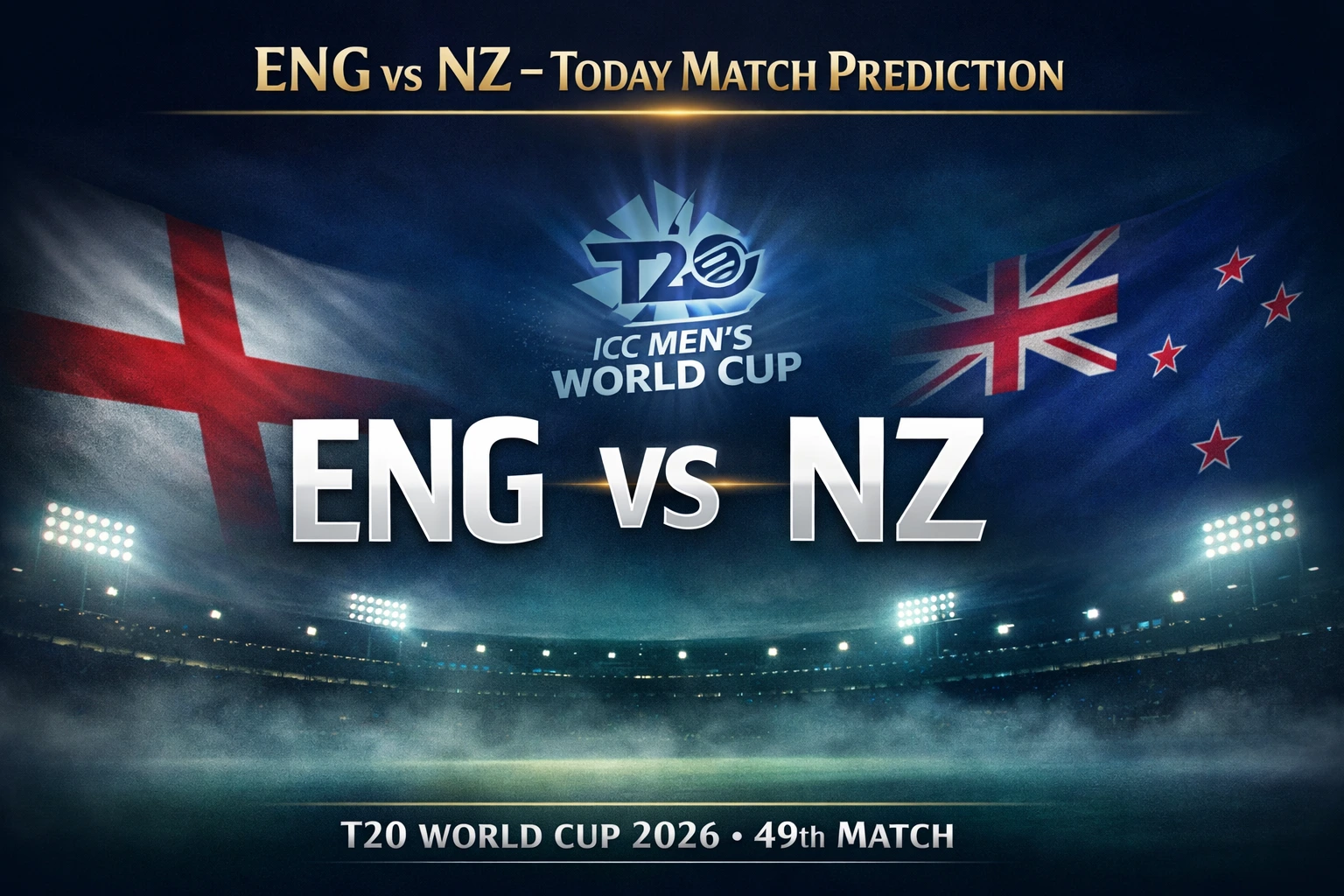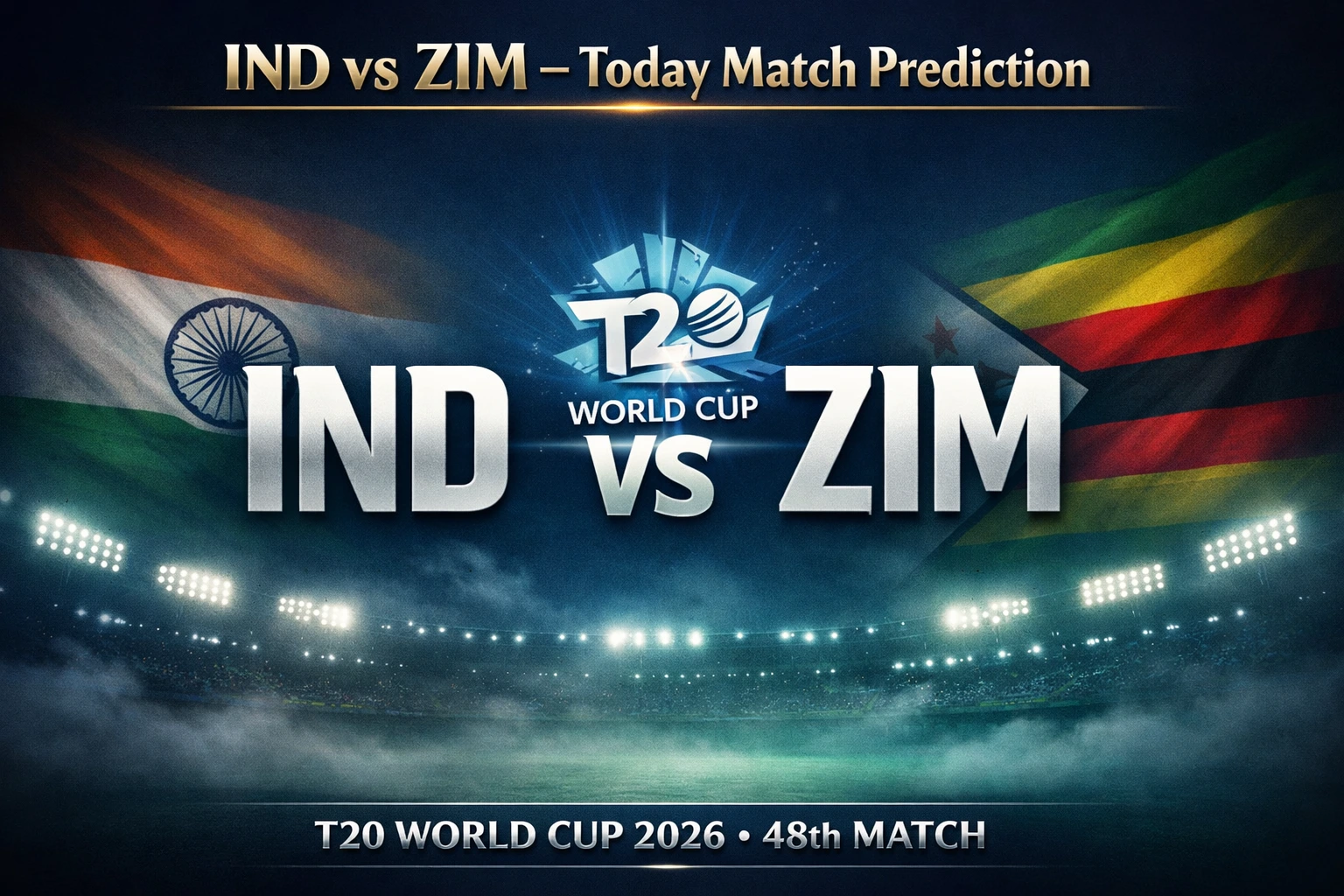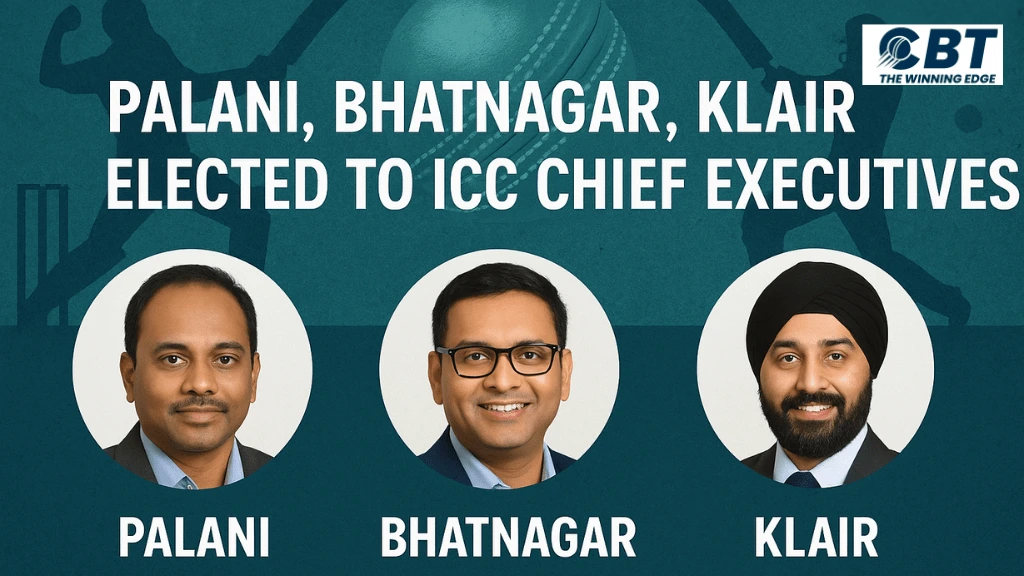This is not just another election update from cricket’s governing body. It’s a sharp turn in the sport’s direction. With Palani, Bhatnagar, and Klair elected to CEC, Associate nations like France, Hong Kong, and Canada now have a direct hand in shaping how cricket grows — or doesn’t — over the next few years.
The ICC Chief Executives’ Committee (CEC) isn’t a symbolic panel. It’s where real decisions happen — the ones that impact tournament calendars, broadcast rights, developmental funding, and future formats. So, when fresh names from lesser-hyped cricketing territories win seats, it signals change. Not in theory — in practice.
A Closer Look at the Election Results
The voting happened during the ICC Annual Conference in Singapore. All 45 Associate Members cast their votes to pick three representatives. Out of eight candidates, three emerged:
- Gurumurthy Palani (France) – 28 votes
- Anuraag Bhatnagar (Hong Kong) – 28 votes
- Gurdeep Klair (Canada) – 21 votes
To put that into perspective: these three beat out long-serving names like Sumod Damodar (Botswana) and Sankar Renganathan (Sierra Leone) — both of whom received fewer than 17 votes. The Associate bloc wanted something new. Not more of the same.
The Role of the CEC — and Why These Seats Matter
The Chief Executives’ Committee is where cricket’s business gets done. Full Members like India, Australia, and England already sit on it. But only three spots are reserved for Associate nations—just three.
That’s why this vote carries weight. It’s not a popularity contest. It’s about choosing the people who can speak for 90% of cricket’s global membership — the countries outside the big boys’ club.
With Palani, Bhatnagar, and Klair elected to the CEC, these nations didn’t just pick three new faces. They chose three different ways of thinking.
Who Are These New CEC Leaders?
Gurumurthy Palani (France)
Palani is a builder — not just of teams, but of systems. In France, where cricket has no colonial legacy, he’s managed to lay down the blueprint for a full domestic circuit. He understands what it means to grow a sport from scratch. That kind of perspective is rare inside ICC rooms.
Anuraag Bhatnagar (Hong Kong)
Bhatnagar has one foot in sport and the other in strategic planning. He’s pushed Hong Kong Cricket into higher-performance models, added structure to youth programs, and improved the league’s visibility. He’s no showman — just someone who gets things done quietly.
Gurdeep Klair (Canada)
Klair brings energy. Canada has always flirted with relevance in international cricket, and under Klair’s leadership, it’s no longer just flirting. He’s talking about pathways, media access, and player exports. He’s pushing for Canada to matter — and he’s not subtle about it.
Why This Election Matters
This isn’t symbolism. It’s not “good optics.” It’s about power shifting — subtly, but surely.
Associate nations often get stuck in development limbo. They depend on ICC grants, get few chances to compete, and lack meaningful control. But this vote? It gives them leverage. The more organized and vocal these elected reps are, the more pressure they can apply for fixtures, for funding, and for fairness.
Why This Changes the Game for Associates?
Expect Associate nations to:
- Push harder for World Cup slots — not just qualifiers, but full participation.
- Demand better scheduling windows to avoid calendar clashes with Full Members.
- Negotiate stronger digital and broadcast packages so they’re not invisible during major tournaments.
- Tap into the global cricket economy — fantasy leagues, sponsorship deals, and T20 leagues.
This isn’t utopian thinking. It’s already in motion. France just hosted the ICC qualifiers. Canada’s T20 Global League is gaining traction. Hong Kong continues to serve as a gateway to East Asian cricket.
Reactions from Inside the Circle
Reactions have been candid and mostly optimistic.
One senior board member from Europe put it plainly:
“We didn’t vote for politics. We voted for people who return calls and submit plans.”
Another from Southeast Asia said:
“It’s time we stopped treating Associate cricket like charity work. These three understand that.”
That’s the sentiment. Less sentimentality. More strategy.
What This Means for Cricket Fans — and the Industry
This leadership shift might not affect this week’s matchday odds. But long term? It changes how and where cricket is played. More emerging nations mean more tournaments, more viewership zones, and more live data streams. For fans, that means more games to follow, more formats to explore, and a richer cricketing experience.
And for satta and fantasy platforms? A broader canvas to paint on.
Final Take: A New Chapter in Cricket Leadership
Having Palani, Bhatnagar, and Klair elected to CEC is a win, but the work begins now. They’ve got two years to prove the gamble was worth it. If they succeed, Associate cricket gains ground. If not, the door shuts again — and maybe for a while.
At CricketBettingTips.org, we don’t just follow the match results — we follow the power plays behind them. Whether it’s a player’s rise or a boardroom shift like this, we’re tuned into what matters.
For deep dives, honest insights, and real cricket betting tips, this is the space to stay informed.





